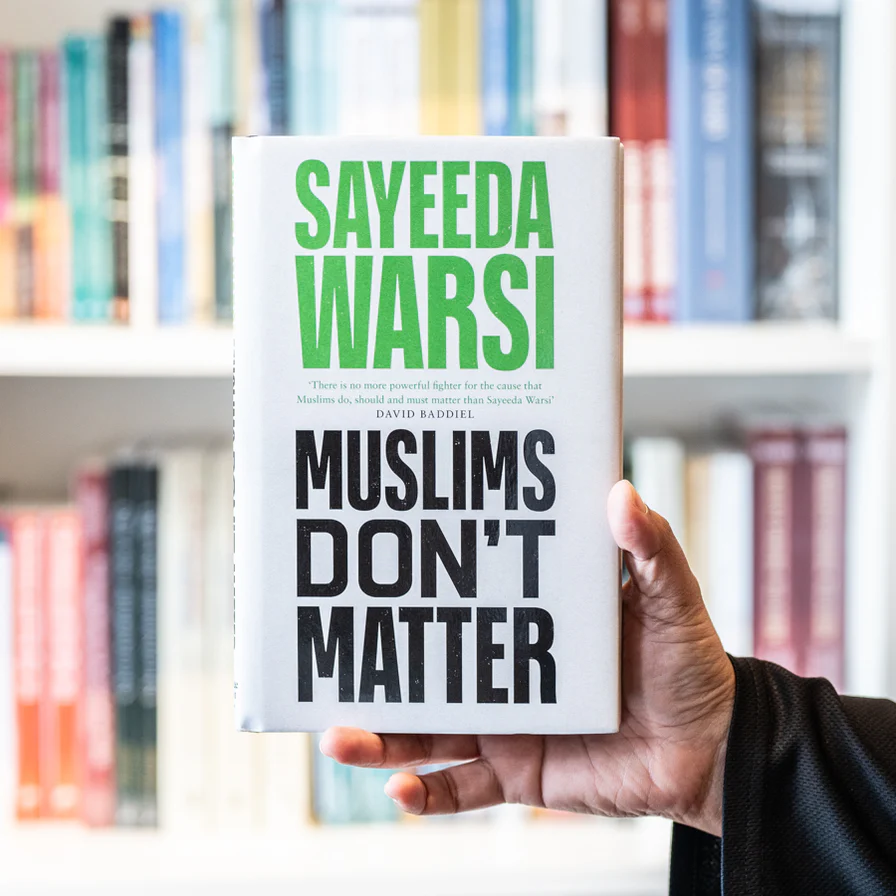Below is a transcript of a brief interview with Noam Chomsky conducted on 17th November 2015 in Boston, US.
Qalandar Memon:
How do you think France, EU countries and the US will react to the violence that took place in Paris on 13th November 2015? Likewise, how do you think they should react to that, with the aim of actually solving the root causes?
Noam Chomsky:If you want to solve the problem, then the first thing you ask is why it took place. Obviously, we only know what ISIS has announced, we don’t know anything else. What they have said basically is: if you bomb us, we’re going to react. It’s the same with the Russian plane. It’s part of the same general policy. What they have said is, this is reaction to the Russian bombings in Syria and the French bombings in Syria. Of course that’s what they say. If you ask what the other issues are, then there are many other issues. The fact of the matter is, ISIS in my view is an utter monstrosity, one of the worst things that has developed, but it is happening in a location and we need to look at where it has evolved and why. It is has not happening in France. It’s a development, first in Iraq, where it grew out of the Al-Qaeda affiliates in Iraq which themselves were the result of US invasion of Iraq, the worst crime of this century. One of its consequences was to elicit a sectarian conflict which had not really existed before and this conflict is not only tearing Iraq apart but tearing the whole region apart. The other consequence was that it joined another force that had been developing, what Patrick Cockburn, the Independent correspondent calls, the Wahhabisation of Sunni Islam, which is emanating from Saudi Arabia, both in funding and doctrine, and ideology. It is also very strong in Pakistan – he describes this as one of the most dangerous developments in the modern era. There is a confluence of this tendency and the Iraq invasion, which joined together to form monstrosities like ISIS… and not only them. There are others. Such as the Al-Qaeda front in Syria, Al-Nusra, which is not very different from ISIS. They are fighting a kind of a turf war but they have pretty similar policies and all of these are outgrowth of these tendencies. The Al-Nusra front has been directly and openly funded by the Gulf States and also by Turkey.If you want to study the real root causes, you have to look at all these things but the immediate cause presumably is pretty much what ISIS says, the reaction to the bombings of the regions they control in Iraq and Syria.
What do you do about it then?One thing you can do is say OK, let’s bomb them more. That’s Hollande’s answer. Just go to war with them and wipe them out. Let’s say you can do it. Suppose the French and other NATO bombings succeed in wiping out ISIS. The chances are the outcome will be worse. Since the root causes are not being addressed, If you just destroy this ISIS, you’ll probably get a worse organisation in response.
QM:What would be a solution that doesn’t lead to this problem?NC:Right now, a solution is very difficult to think of. The whole region has been hit by a vicious sledge hammer and the result is chaos and disaster and it’s not just the Middle East. Take Libya, where the French initiative joined by Britain, later by the US, has destroyed Libya, Whatever you think of Gaddafi, he did manage to hold together the tribal society and governed it. Now it is broke up and is back into a war of tribal factions, murderous and brutal, and there is a huge arms flow from Libya into Western Africa and the Levant. This is result of the French initiative joined by other major NATO powers. So, we can destroy other countries and make things worse. That’s one possibility. The other possibility is to try to overcome the chaos and destruction for which we are largely responsible and that means basically moving into negotiation and diplomacy. So for example, in the case of Syria, which is just descending into total suicide, the only possible outcome short of suicide has been clear for years, is some kind of negotiation and settlement among the warring parties. ISIS will not be one of them. They don’t want to participate in this but it’s imaginable that there could be a negotiation process with the jihadi groups that are openly supported by Turkey, the Gulf States and partly by the US. The Assad regime to try to set up some kind of transition government, which can lead to some kind of election, ceasefire zones, to cut back on the casualties and destruction. There has to be support for the Kurds who have managed to carve out a region, which they have been able, mostly, to defend and to develop some significant institutions within. Turkey is violently opposes the Kurd developments.
But such a negotiation could happen and out of this could come some amelioration of the catastrophe and maybe some kind of solution and it’s possible within that context that the local and regional forces would be able to deal with ISIS, not just ISIS but other formations like it. That’s the only outcome I can think of that would begin to address root causes, and there are very halting steps towards that. The current discussions in Vienna, finally after a long delay, have begun to inch towards a settlement of this kind. It’s about the only thing I can think of. Of course it has to bring in Iran, has to bring in Turkey, and has to bring in Saudi Arabia, despite all the conflicts among these countries.
Follow Naked Punch Review via Facebook View and Buy Naked Punch Review by clicking here.


